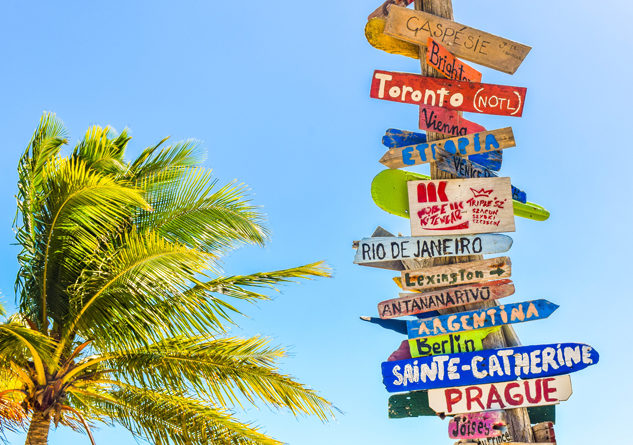Soundbite Services
DENVER – Summer is typically when workers who get paid vacation take time off to relax and recharge.
But according to a new survey from the staffing firm Accountemps, more than half of American workers say they’ll maintain some contact with work, up from 41 percent two years ago.
Karen Policastro, a senior regional vice president with Accountemps, says to make vacations a true escape, plan ahead, let your boss know when you’ll be away, and find a few trusted co-workers who can fill in for you if the need arises.
“And make sure your point person has everything they need to keep things on track while you’re out,” she urges. “That definitely will make it easier to relax and unwind and hopefully not worry about work while you’re gone.”
The survey found that millennials, who tend to check their phones more frequently for social media, have the hardest time unplugging.
Among respondents ages 18 to 34, 70 percent say they will check in with work during vacation.
Policastro notes 39 percent of baby boomers, who started careers before cell phones or even beepers, will stay connected.
A U.S. Travel Association report found that in 2017, more than half of Americans did not take all of their vacation days.
While some people might want to keep up with office e-mails to impress the boss, Policastro says disconnecting during vacations can help workers be more productive when they return.
“Taking a break is essential to recharging and bringing back a fresh approach to the business and to projects, a fresh approach to challenges that you may have going on,” she stresses. “And without taking regular vacations you do risk burnout.”
The U.S. is the only wealthy nation that doesn’t mandate paid vacation for all workers, and according to a Center for Economic and Policy Research report, 28 million Americans don’t get any paid vacation or holidays.
By comparison, European workers are guaranteed at least 20 paid vacation days per year, and in some countries it’s common to get 30 days or more.






